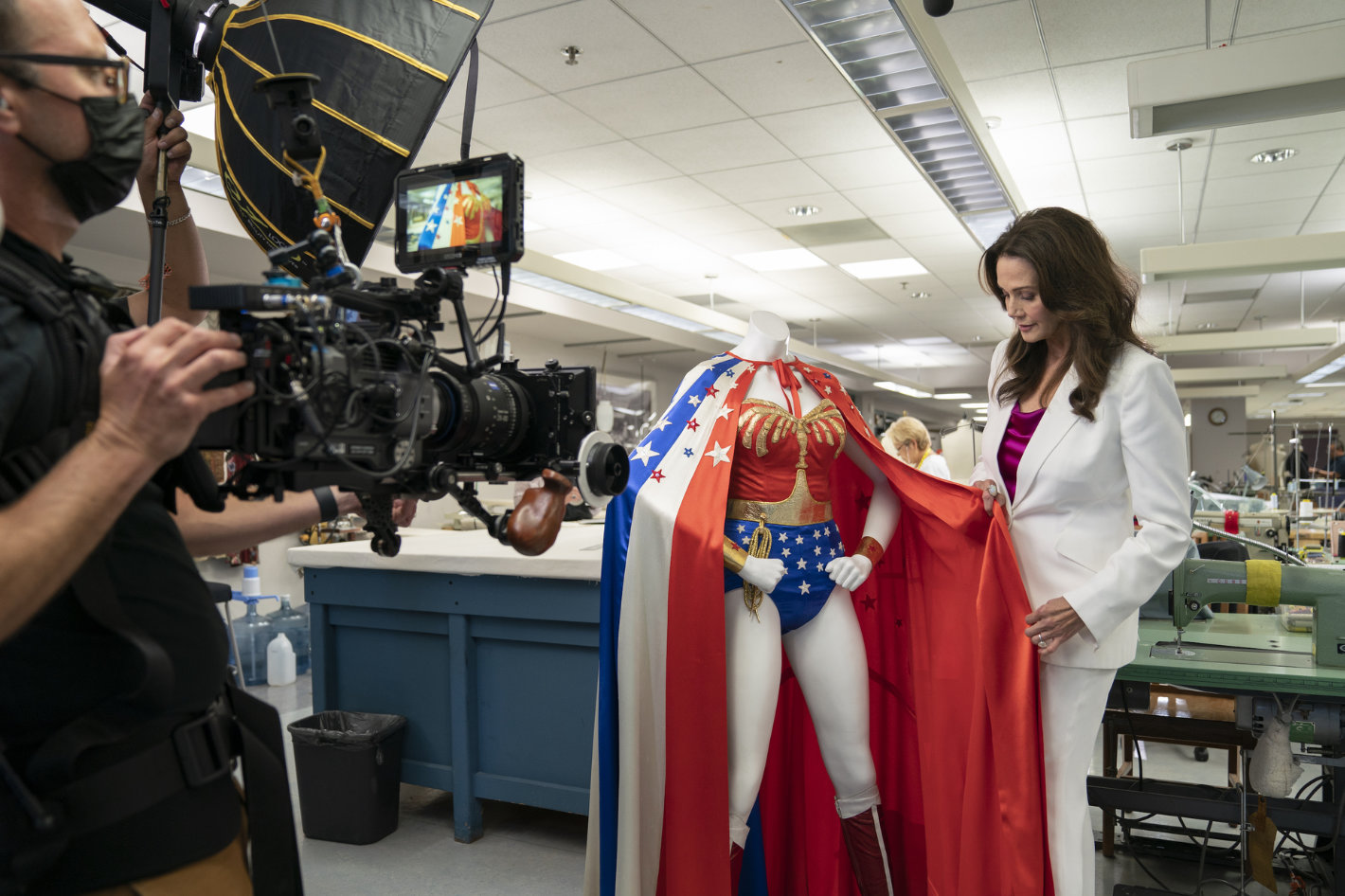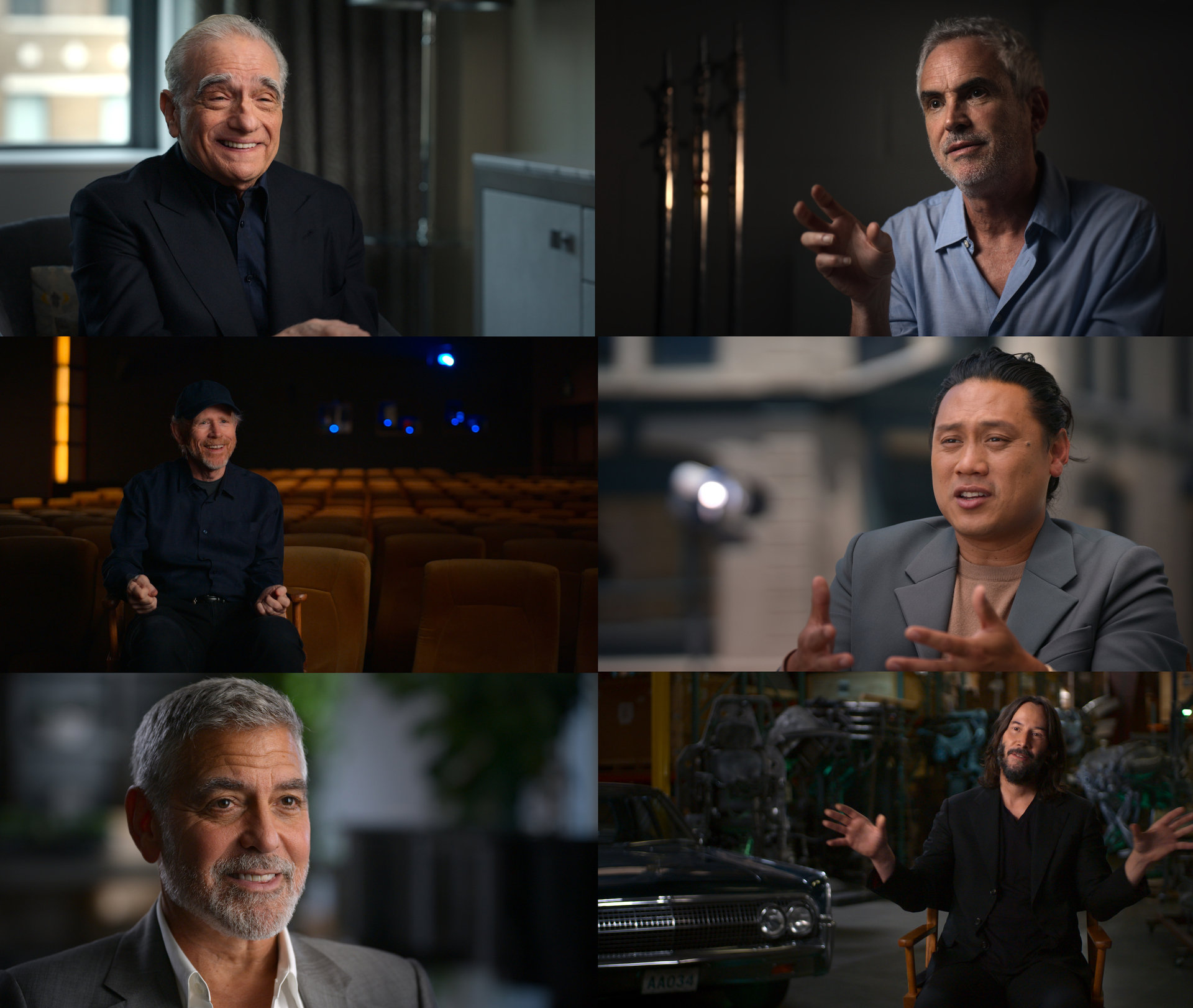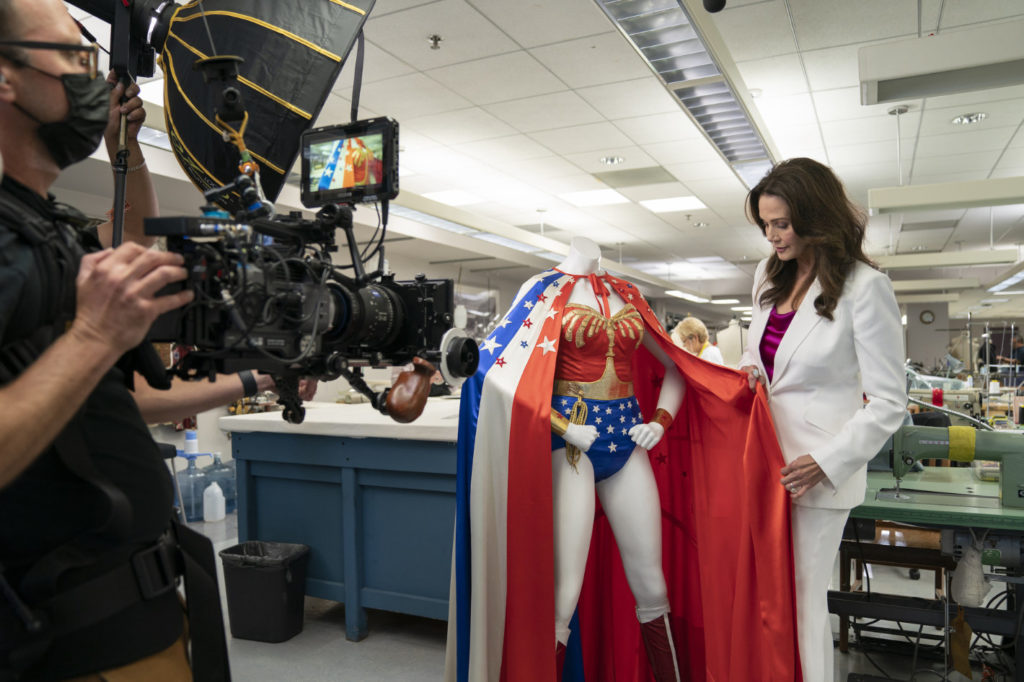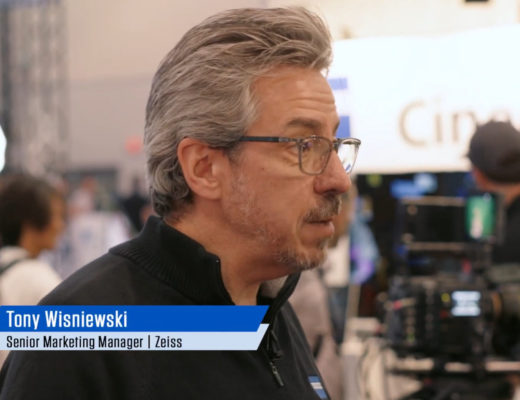
Taking advantage of the resources provided by the juggernaut studio, the 100 Years of Warner Bros documentary was filmed with a classical look that would blend well with the decades of films produced.
The four-part docuseries, 100 Years of Warner Bros. traces the history of Warner Bros. Studios featuring interviews from directors, actors, executives, journalists, and historians. Each episode offers first-hand accounts about the making of numerous culturally impactful films, intermixing interviews filmed by documentarian Jonathan Ingalls with historic movie clips.
Aiming to create a standout cinematic style for the show, which would go on to premier at the Cannes International Film Festival, 2023, Jonathan Ingalls chose ZEISS CP.3 Prime and CZ.2 Cinema Zoom lenses paired with Sony FX9. The award-winning filmmaker aimed to create a specific look for the miniseries that would be able to share the same visual world as the iconic Warner Bros. films clips showcased throughout.
As the filmmakers decided to push the aesthetic boundaries of documentary, one asset makde their goal easier to achieve: the resources provided by the juggernaut studio. “Since we are telling the story of 100 years of iconic films, we wanted to take a specific visual approach, a classical look that would blend well with the decades of films that our interviews would be cut against,” explains the cinematographer.
With access to the studio soundstages and historic props, the crew could engage in more scrupulous prep than is possible on most documentary projects. “We could find angles in advance that would lend themselves well to an overall look, like a wide shot and to a tighter shot. We decided to use two cameras, one with a wider prime lens and the other with a tighter zoom, to give a cinematic feel.”

Keanu Reeves and The Matrix
Ingalls, who is used to relying on whatever camera package will fit in a carryon for his international documentary portfolio, had his pick of lenses for this docuseries. “We wanted everything to feel generally cohesive, so we shot it all on the Sony FX9 with the ZEISS CP.3 and CZ.2 Cinema Zoom lenses because they meld so well together. I found that even when we changed from a prime to a zoom lens, it felt seamless.”
Having a combination of prime and zoom lenses was essential for Ingalls’ vision. “When I’m shooting two camera interviews, I like the wide shot to be on a prime and the tighter shot to be on a zoom, so I can change the focal length depending on what’s happening with the subject.” With the practically unrestricted access to Warner Bros. Studios, Ingalls intended for his wide shots to be dramatic and grand. “For example, in shooting Keanu Reeves we wanted to see all the props and set dressing from The Matrix around him. We wanted to get that depth, but we also captured a more intimate look in a tighter shot at the same time.”
His choice of optics gave Ingalls the flexibility to shape a cohesive cinematic style throughout. “A lot of non-fiction projects I work on have a less specific look, in that they are driven by archival footage, but for this one we were able to shape and create an aesthetic. It has been nice getting feedback that this approach was successful, and people are responding to what we set out to achieve.” 100 Years of Warner Bros. is available to watch on Max.
The filmmakers set out to push the aesthetic boundaries of documentary by taking advantage of the resources provided by the juggernaut studio. “Since we are telling the story of 100 years of iconic films, we wanted to take a specific visual approach, a classical look that would blend well with the decades of films that our interviews would be cut against,” explains the cinematographer. With access to the studio soundstages and historic props, the crew could engage in more scrupulous prep than is possible on most documentary projects. “We could find angles in advance that would lend themselves well to an overall look, like a wide shot and to a tighter shot. We decided to use two cameras, one with a wider prime lens and the other with a tighter zoom, to give a cinematic feel.”
Follow the link to read the full interview with award-winning documentarian Jonathan Ingalls.

Filmtools
Filmmakers go-to destination for pre-production, production & post production equipment!
Shop Now













